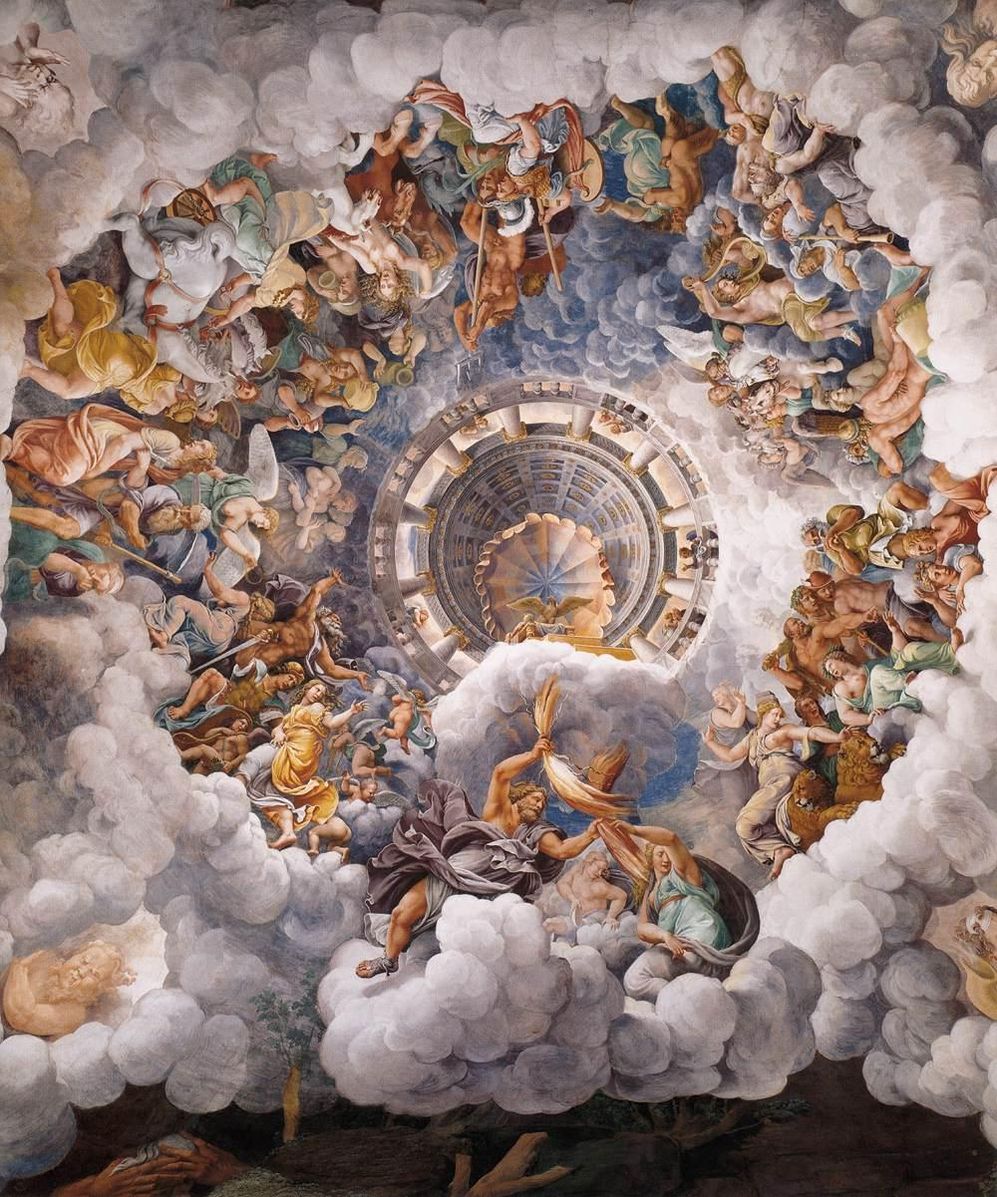I was raised in a political family. My dad was an elected official. He was appointed to two offices by then Georgia Governor Jimmy Carter. Following each appointment, our family campaigned for my father’s re-election multiple times. As a teenager on the campaign trail for my dad, I was cussed at, dog bit, and chased off of people’s front porches. In fairness, I was also embraced by sweet, little old ladies who offered me chocolate chip cookies. But overall, my front row seat to politics left me with a bad taste—that same taste you get when you throw-up in your mouth. I came to loathe the political gamesmanship required for a candidate’s survivability.
Today’s political world is no different. When it comes to Donald Trump, we can all agree on one thing: he’s polarizing. No matter what side of the political aisle you call home, you may sometimes wonder when he speaks if President Trump is serious or just using hyperbole. His antics and double-take pronouncements leave his supporters cheering and his detractors flatfooted long enough for Trump to pivot to the next surprise. Some consider it sinister; others call it genius.
But politics is not the point of this article. What I’m writing about is the way a political figure—the President—recently opened the door to a subject weightier than any current political challenge. Trump raised an issue that should be of interest to any person even slightly warm to a theistic worldview: How do you get to heaven?
On August 19, 2025, in an appearance on Fox and Friends, President Trump spoke about his desire to play a part in ending the war between Ukraine and Russia. He said, “I wanna end it. You know, we’re not losing American lives … we’re losing Russian and Ukrainian mostly soldiers.”
But it was his comment following that statement that created the real news. Trump said,
I wanna try and get to heaven if possible. I’m hearing I’m not doing well. I am really at the bottom of the totem pole. But if I can get to heaven, this will be one of the reasons.
Within the context of expressing his desire to help end the war between Ukraine and Russia, the President highlights another desire: he wants to go to heaven. In this hope for heaven, he also seems to suggest that he’s starting at a deficit. He’s not doing well and apparently has some distance to travel because he’s at the bottom of the totem pole.
Shawn McCreesh in the New York Times writes,
This would have been a highly unusual admission from any president, but it seemed especially out of character coming from this one. The man who is regarded as a messiah by many of his own supporters—a belief he has encouraged at every turn—says now that he knows he’s no saint.
In his second inaugural address, Trump reflected on his assassination attempt in Pennsylvania and affirmed, “My life was saved for a reason. I was saved by God to make America great again.” But his confidence that he has been saved by God for heaven appears to remain elusive.
Time magazine suggests that Trump’s affinity for religious matters gained traction in his 2016 bid for The White House and continues to this day. That article recounts Trump’s own words,
‘I do [believe in heaven],’ Trump said in an interview on Fox News in August 2024 after the assassination attempt on him in Butler, Pa. ‘If I’m good, I’m going to heaven. And if I’m bad, I’m going someplace else.’
Maybe Trump’s recent self-critique came in a moment of weakness or perhaps from genuine reflection about the eternal state of his own soul. Catholic journalist, Phil Lawler wrestles with how to interpret the President’s vulnerability and draws his own conclusions. He writes,
What jolted the secular mind about the president’s message? What was it that set editorial writers scrambling for punchlines? It was his suggestion that he might judge his own actions against a standard more certain than opinion polls and applause meters; he might be looking beyond the midterm elections, toward a tougher test. He might be worried about his own salvation.
Seems like any way you look at it, the President has an honest desire to go to heaven. And wrapped up with that desire is the belief that heaven is earned by good behavior. Trump is suggesting that his influence in ending the war between Ukraine and Russia will earn him favor with God and position him for entry into heaven.
But if good deeds are the standard for entry into heaven, how good do you have to be? If we’re using the yardstick of exceptional behavior, wouldn’t each moral success lead to a greater assurance of heaven and lapses in integrity diminish our confidence? And because of the President’s world-wide influence, must he be held to a more meritorious standard to earn his salvation? After resolving the war between Ukraine and Russia, what kind of heroic goodness might continue to be required for his entrance into heaven? Solve Gaza? Befriend China? Tame AI? Colonize Mars?
Trump’s words are not ambiguous. In his view, entrance into heaven is predicated on good behavior. “If I’m good, I’m going to heaven,” he said. Trump’s view of salvation and entrance into heaven is a slow pitch for Christian apologists who rightly note that according to the New Testament, our own behavioral goodness contributes nothing toward our ticket to heaven. We’re saved not by works of righteousness which we have done but by God’s mercy (Titus 3:5).
Russell Moore, Editor-in-Chief at Christianity Today, took a unique approach to addressing the President’s affinity for a works salvation as a means to entering heaven. Moore wrote an open letter to President Trump in which he reminds the President that, “To actually enter heaven, you have to give up that mindset of earning your way there. You have to recognize your own need for something you can’t win or achieve or earn.”
Trump might be surprised to learn that our entrance into heaven starts at the bottom of the totem pole. Everyone, without exception, starts at the bottom. That’s the only starting place. In that sense, Trump may be closer to heaven than he realizes.
What’s missing from Trump’s perspective of entering heaven is the wonderfully absurd gift of grace. God’s grace is uniquely Christian and embodies divine favor and the undeserved rescue of sinful people. And we all qualify for it. God’s gift of grace is so innately foreign to people that if left to our own ingenuity we will always gravitate to a story that requires our hard work to make it to heaven.
Instead, our ability to make it to heaven comes through God’s ability to save us. Like any gift, God’s gift of salvation and assurance of heaven is received free of charge by believing God for it. By grace through faith, salvation is a gift of God, not of our own works, so that nobody has bragging rights based on being good enough (Ephesians 2:8-9). By dying for our sins to give us life, Jesus Christ has done for us what none of us could ever do for ourselves.
Image Credit: Giulio Romano, “Vault: The Assembly of Gods around Jupiter’s Throne” (between 1532 and 1534) via Wikimedia.




